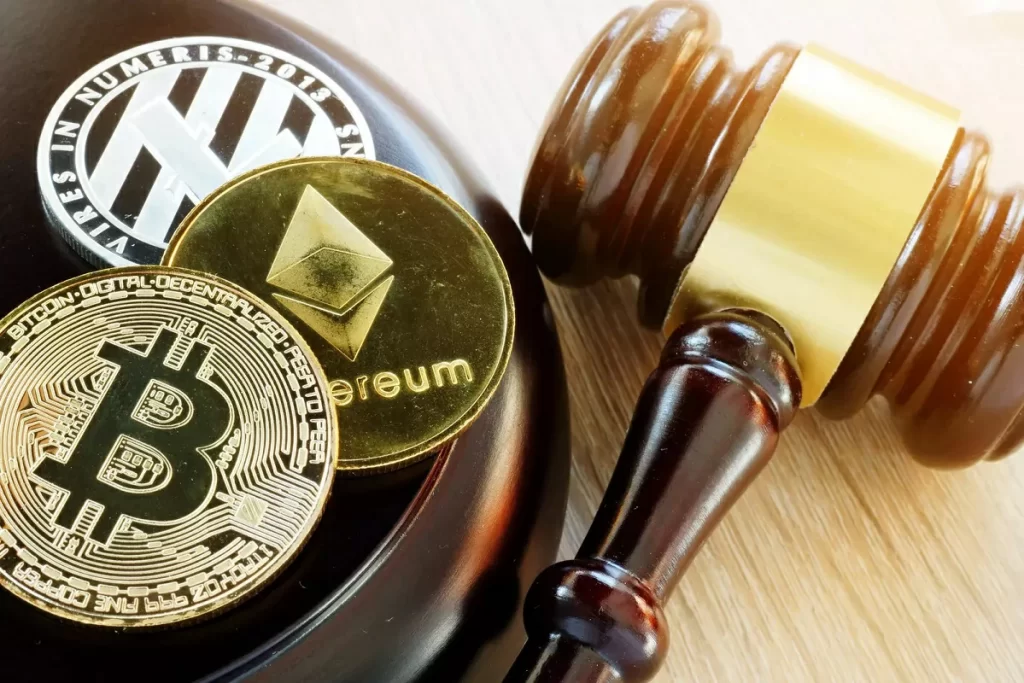It would be impossible to understand the world of cryptocurrencies without talking about exchangers
Exchanges are key to being able to buy or sell cryptos, from Bitcoin to altcoins
In what situations do we usually use them, what services do they provide and what regulations do they have?
When entering the world of Bitcoin and altcoins, there are certain concepts that we should familiarize ourselves with, such as “exchanges”. Y We believe that knowing all the details about the cryptocurrency exchange and its regulations could save you several headaches in the future..
The exchanges They are nothing more than financial platforms that allow the user to buy, sell or even exchange cryptocurrencies., and they work in a similar way to that in which the stock market does. Within them it is possible to trade the main cryptos, such as Bitcoin (BTC), Ethereum (ETH), and Litecoin (LTC).
Basically, within these spaces buyers and sellers agree to operate with their cryptos. These systems have been developed so that the interaction between both parties is practically immediate.
Why the need to use exchanges?
People use cryptocurrency exchanges for a variety of reasons, and among those reasons we can mention the first ones that it is to protect your savings with stablecoins, or speculate with other cryptos. Contrary, there are those who exchange these cryptocurrencies for fiat currencies to use them outside.
Many of the exchanges also have additional servicessuch as managing multiple wallets, monitoring prices and market trends, accessing trading instruments and more.
How do crypto exchanges make money?
Cryptocurrency exchangers often make money by charging fees for their various services.. Said fees can be fixed, per transaction, or calculated as a percentage of the total amount of the operations.
In addition to transaction fees, some cryptocurrency exchanges make money by charging users for access to additional services, be they trading, research and analysis, or professional advice.
The exact ways in which money exchangers can generate their profits vary from case to case, but generally involve charging for services, so the more services you take advantage of, the more you will pay for that.
Present and future regulations around exchanges
Focusing on cryptocurrencies without dwelling on regulations would be an almost unforgivable mistake.
From the United States to “insignificant” countries in terms of financial volume, the vast majority of states have rules that all cryptocurrency savers and investors must abide by..
However, these regulations focus more on holdings in cryptocurrencies than on operations with them. Eventually you will have to report the amounts you own and the earnings, without delving into details.
That being said, we are convinced that the regulation of our activity on exchanges will increase.
There will be political pressure to obtain information on what citizens are doing, beyond the difficulties of being global platforms that, by not depending on any particular government, somewhat escape its laws.
FTX Collapse Explained
If you are among those who already have elementary notions around cryptocurrencies and these exchanges, but you don’t quite understand why the FTX collapse, so now we are going to talk a little about it.
On November 11, cryptocurrency exchange FTX filed for bankruptcy, and within weeks Sam Bankman-Fried, the company’s founder and former CEO, saw his assets plummet. During several days, the impact of the fall of FTX was seen in the market, causing some panic.
On November 16, A class action lawsuit has been filed in court, alleging that Sam Bankman-Fried devised a fraudulent cryptocurrency scheme to take advantage of investors. that they had trusted him.
Does this mean that all exchanges are unreliable? Not at all, there are several of them that are safe. It means, yes, that we must be Watch out for hints from exchangers about your endorsement.
What is a bank run? Do they affect exchanges?
A bank run is a situation in which customers of a bank or other financial institution withdraw their deposits simultaneously. due to growing concerns about the solvency or viability of the institution.
Bank runs often occur when many customers lose confidence in a bank and believe that it may be at risk of failure, and although they are more common in classic entities, they are not lacking in exchanges.
The problem with bank runs is that if one bank fails it can cause a crisis of confidence that automatically drags down others., because the confidence crisis has more to do with the banking system than with just one institution. However, in the case of exchangers it seems that this unwritten rule does not apply.
This is good news that confirms the thinking of those who argue that exchanges are safer than traditional banks, and that the domino effect generated in a bank run is not replicated in them.
What else would you like to find out about cryptocurrencies, exchanges and their regulations?
Disclaimer: The content and links provided in this article are for informational purposes only. islaBit does not offer legal, financial or investment recommendations or advice, nor is it a substitute for the due diligence of each interested party. islaBit does not endorse any investment or similar offer promoted here.

